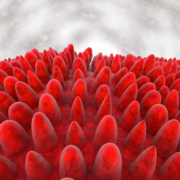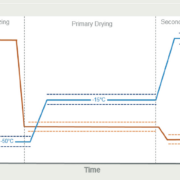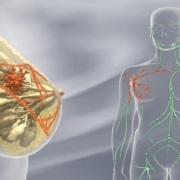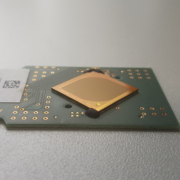French Enterome SA has added a second licence agreement with Takeda to its deal portfolio, projecting possible payments of US$640m.
ADVERTISEMENT
The European Medicines Agency delays the EU approval of Nivolumab/Ipilimumab in NSCLC and greenlights four biotherapeutics to be marketed in the EU.
Industrial biotech innovations, presented in at the 11th EFIB in Toulouse, could become the key enabler set to save our planet if supported appropriately.
As the global demand for injectables grows, so does the demand for innovative delivery systems. For lyophilised forms, dual-chamber systems offer advantages. They have been on the market since the mid-1980s, mainly for emergency or chronic medication. The systems have been developed for the convenience of the patients/caregivers, but they also offer benefits for the pharma/biotech companies in regards to low residual volume and increased API yield.
Oxford Nanopore Technologies has impressed Amgen with its genetic sequencing technology. The US biopharma major has invested £50m in the Oxford-based company.
In a Series B financing round, INSERM spin-off Acticor Biotech has raised €15.3m from European and Asian investors. The new financing will go towards the launch off the first Phase II clinical trial of its lead candidate ACT017 in acute ischemic stroke.
Multinational biotherapeutics company HiFiBiO Therapeutics announced that it has taken over early stage biotech H-Immune Therapeutics. With the acquisition of the French Atomic Energy Commission spin-out, HiFiBiO aims to strengthen its strategic focus on targetting differenct T cell subsets and combat cancer.
Roche has announced that in a Phase III trial, its antibody-drug conjugate Kadcyla showed improved invasive disease-free survival in breast cancer patients.
Is synthetic biology on the cusp of unlocking the next industrial revolution? A major roadblock is the ability to synthesise DNA for R&D in ways that are both cheap and efficient. Established players in the field believe the answer lies in miniaturising standard chemical processes and running them in parallel systems. But the new kids on the block are betting on a completely new process that involves enzymes.








